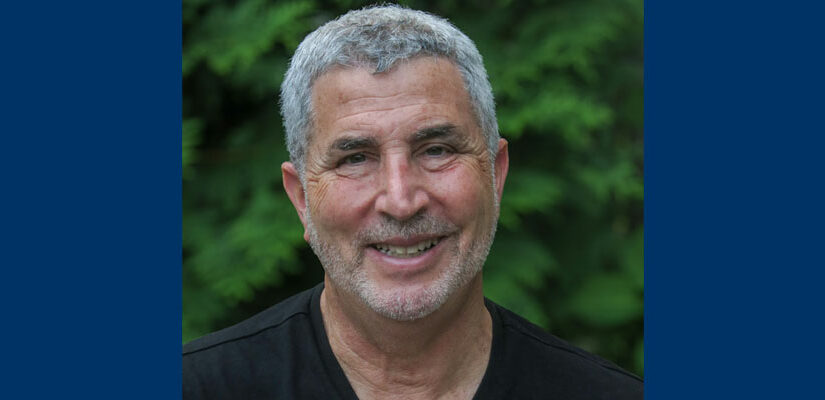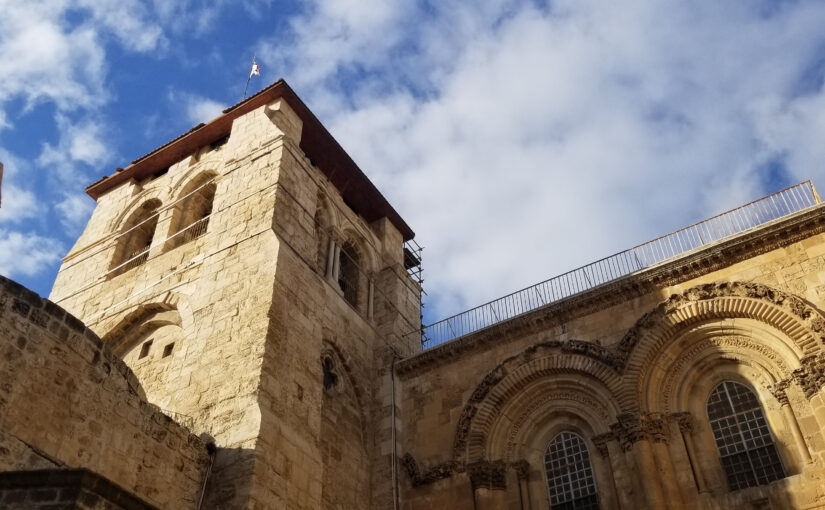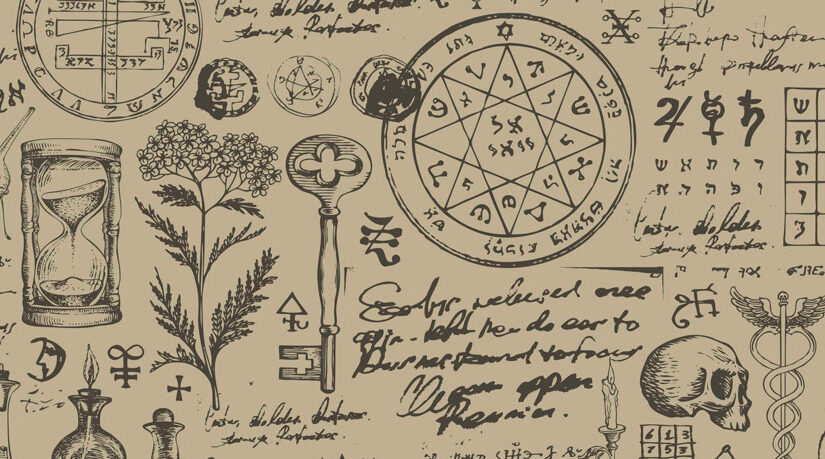An American Jewish Bible? – Introducing Robert Alter’s The Five Books of Moses
Program: Hebrew College Tamid
Instructor: Dr. Avi Bernstein-Nahar (Read Bio)
Dates: 8 Wednesdays, Fall 2024: 10/30, 11/6, 11/13, 11/20, 11/27, 12/4, 12/11 & 12/18
Time: 7-9:00 p.m. EST
Course fee: $400, financial aid is available
Location: Zoom
Hosted by: The Cambridge Collaborative
Registration: Click here
Perhaps every great chapter in the Jewish story includes a new take on the Hebrew Bible – a deep well of narrative, poetry, and law with which Jews have been in dialogue since antiquity. In American modernity, however, the dialogue has slowed for the obvious reason that the great immigration and acculturation process in American Jewish history that occurred between 1881 and 1945 included the acquisition of English and the loss of distinctive Jewish languages, Yiddish, Ladino, and Hebrew.
Shedding Hebrew, do American Jews thereby end the dialogue with the Hebrew Bible? Not inevitably: American Robert Alter – and Everett Fox before him – is intent on providing us an English translation of the Bible imprinted with the Hebrew original and ripe with opportunities to be in dialogue with the original text and its subsequent rabbinic commentators. Does it deliver what it promises? And what are the inevitable drawbacks and shortcomings of studying the Bible in Alter’s translation?
Robert Alter’s Hebrew Bible: A Translation and Commentary (W.W. Norton) has been called a “landmark” in American literary history, and a “stupendous achievement” destined to “revive the literary power of a Hebrew masterpiece.” Each session will take up a different portion of text, comparing Alter’s renderings with the Hebrew, and with alternate translations, including the Schocken Bible, the Jewish Publication Society renditions, and the King James Version. Each session will also help participants make historical sense of Alter’s herculean effort by drawing connections with Martin Buber and Franz Rosenzweig, whose own translation of the TaNaKh into German paved the way for Alter’s work.
In this class, students will discover connections with the Hebrew Bible they never knew they had, and leave seeking more opportunities to explore its depths. Class preparation will take about two hours per week. A syllabus and bibliography will be distributed prior to the first class. All are welcome.
For additional information or questions, contact the Hebrew College Tamid Team






